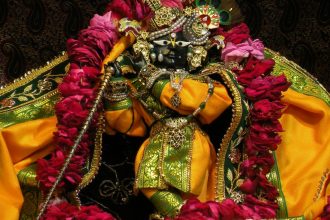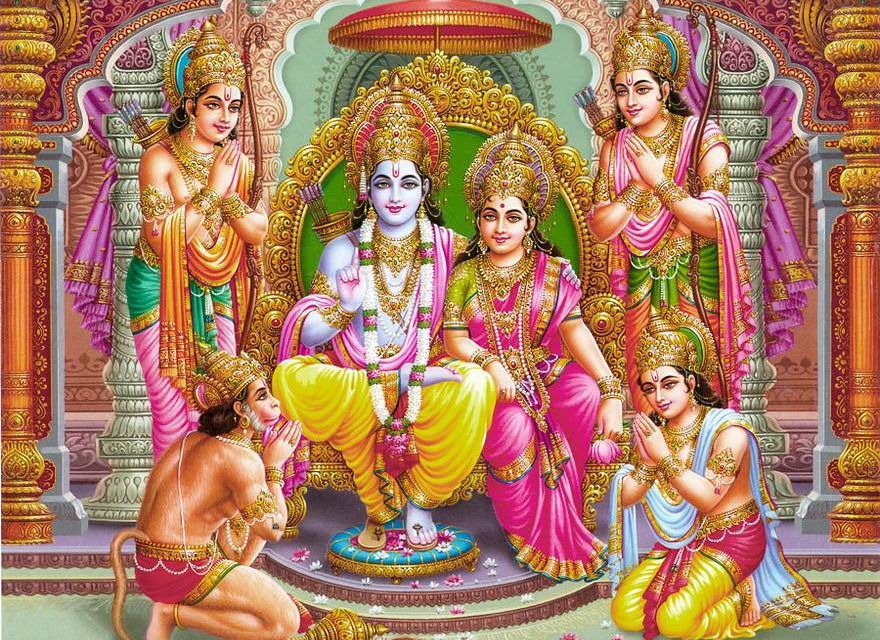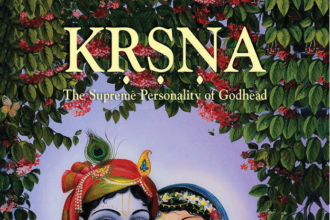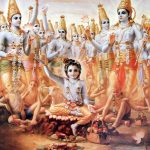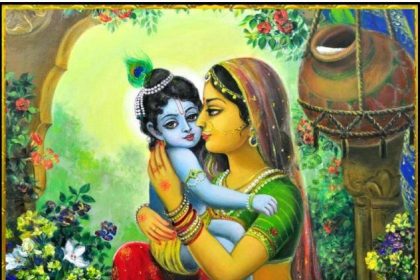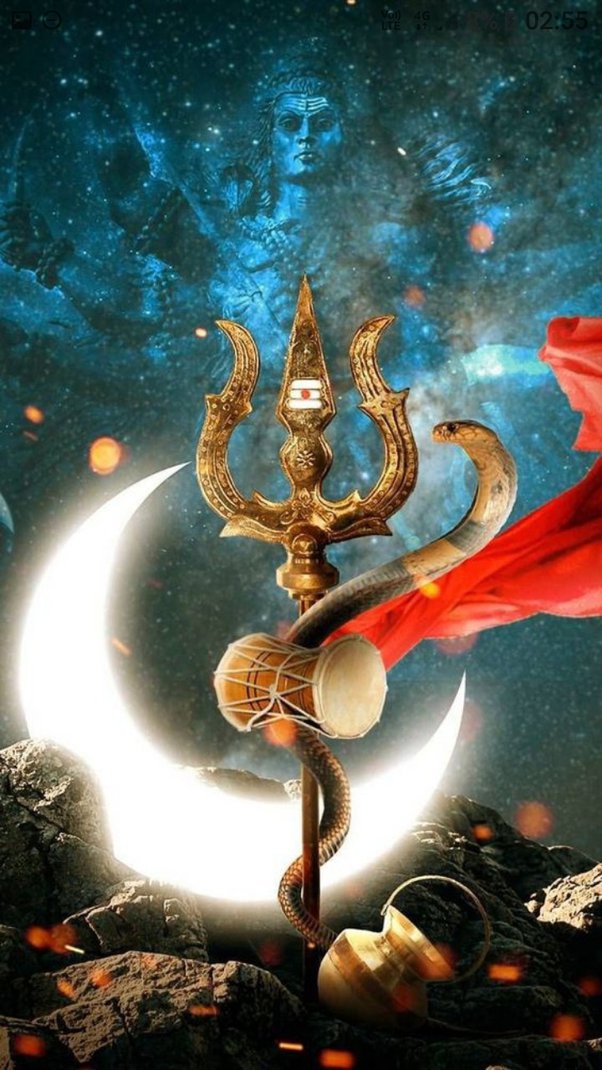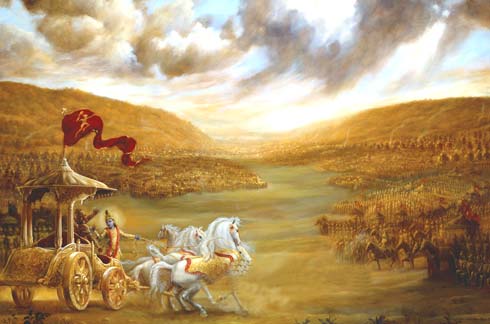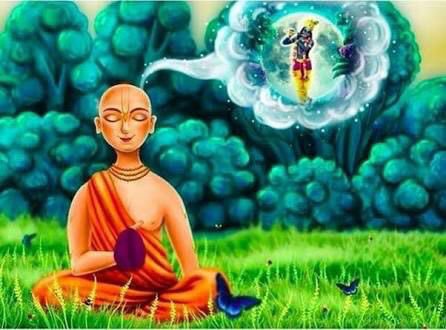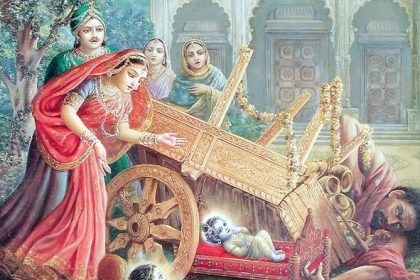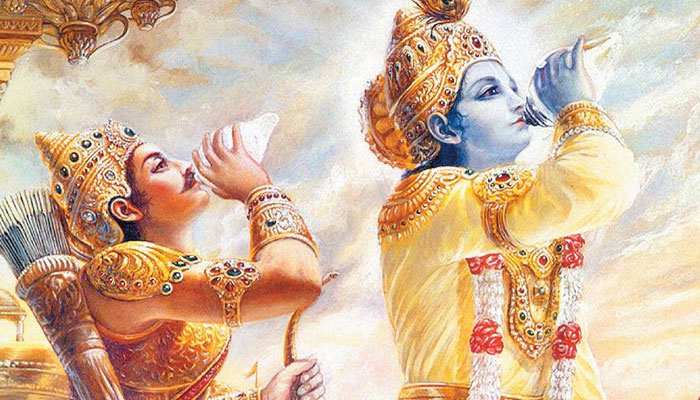The ten offenses to the holy name are listed as follows in the Padma Purāṇa, as quoted in the Caitanya-caritāmṛta (Ādi 8.24, purport):
satāṁ nindā nāmnaḥ paramam aparādhaṁ vitanute
yataḥ khyātiṁ yātaṁ katham u sahate tad vigarihāṁ
śivasya śrī-viṣṇor ya iha guṇa-nāmādi sakalaṁ
dhiyā bhinnaṁ paśyet sa khalu hari-nāmāhita-karaḥ
(Ādi 8.24, purport)- To blaspheme the great saintly persons who are preaching the glories of the Hare Kṛṣṇa mahā-mantra is the worst offense at the lotus feet of the holy name. The Nāma-prabhu, who is identical with Kṛṣṇa, will never tolerate such blasphemous activities, even from one who passes as a great devotee.
- In this material world the holy name of Viṣṇu is all-auspicious. Viṣṇu’s name, form, qualities, and pastimes are all transcendental, absolute knowledge. Therefore, if one tries to separate the Absolute Personality of Godhead from His holy name or His transcendental form, qualities, and pastimes, thinking them material, that is offensive. Similarly, to think that the names of demigods such as Lord Śiva are as good as the name of Lord Viṣṇu is also blasphemous.
guror avajñā śruti-śāstra-nindanaṁ
tathārtha-vādo hari-nāmni kalpanam
nāmno balād yasya hi pāpa-buddhir
na vidyate tasya yamair hi śuddhiḥ
- It is offensive to consider the spiritual master material and therefore to envy his exalted position.
- It is offensive to blaspheme the Vedic literature such as the four Vedas and the Purāṇas.
- It is offensive to consider the glories of the holy name exaggerations.
- It is offensive to consider the holy name of the Lord imaginary.
- The greatest offense at the lotus feet of the holy name is to think that since chanting the holy name can counteract all sinful reactions one may therefore go on sinning and at the same time chant the holy name to neutralize the reactions. One who thinks in this way cannot be purified by any program of sense restraint and severe austerities, nor by the various punishments of Yamarāja.
dharma-vrata-tyāga-hutādi-sarva-
śubha-kriyā-sāmyam api pramādaḥ
aśraddadhāne vimukhe ‘py aśṛṇvati
yaś copadeśaḥ śiva-nāmāparādhaḥ
- It is offensive to consider the chanting of the holy name equal to the performance of ordinary religious ceremonies or fire sacrifices, the observance of austere vows, or the practice of renunciation, all of which are materialistic auspicious activities.
- It is an offense to preach the glories of the holy name to those unwilling to hear, to atheists, or to those who have no faith in chanting the holy name.
śrutvāpi nāma-māhātmyaṁ yaḥ prīti-rahito ‘dhamaḥ
ahaṁ-mamādi-paramo nāmni so ‘py aparādha-kṛt
- If a person has heard the glories of the transcendental holy name of the Lord but nevertheless continues in the materialistic concept of life, thinking, “I am this body and everything belonging to this body is mine,” and if he thus shows no respect or love for the chanting of the holy name, that is an offense.
Source: Pañcarātra-Pradīpa – ISKCON GBC Press / Volume 1, Daily Service, (Nitya-Sevā) / Cultivation of Devotional Service, Aspects of Svādhyāya, Sādhana, and Sad-ācāra/ pp 5.2


